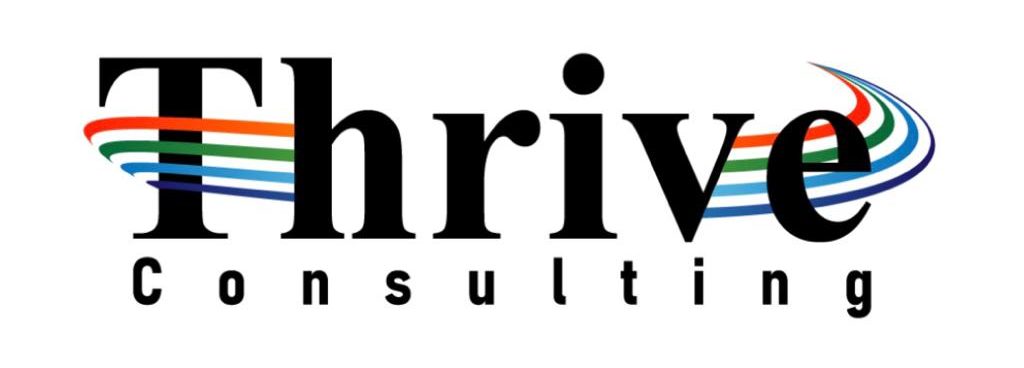
Workplaces are abuzz with the integration of artificial intelligence (AI) today., Yet the fabric of leadership and business management is often set apart as a separate structure and process. Although AI can help integrate the various dimensions of business, the role of Systems Leadership and exercising business acumen can never be relegated to the AI. Instead, leaders need to be coached in cultivating an advanced form of business acumen that is data and AI driven, one that not only encompasses a traditional understanding of business mechanics but also a deep comprehension of AI’s role within these mechanisms.
Traditionally, business acumen has been perceived as an intuitive grasp of how a business generates revenue. However, the advent of AI introduces a layer of sophistication to this concept. Leaders are now tasked with understanding not just the financial and operational facets of their businesses but also how AI technologies can be harnessed to augment decision-making, streamline operations, and foster innovation. This shift requires leaders to adopt a more comprehensive view, embracing technological trends and their broader implications on the business landscape.
In this context, the role of team coaching emerges as a cornerstone for sharpening business acumen skills. Recognizing the individual voices that beset team members—be it judgment, fear, or care—and using models like Lencioni’s to diagnose vulnerabilities is paramount. This approach not only helps in identifying areas of improvement but also in cultivating a team environment conducive to innovative thinking and problem-solving.

Patrick Lencioni’s model provides a foundational understanding of the dysfunctions that can undermine team effectiveness. By identifying and addressing the absence of trust, fear of conflict, lack of commitment, avoidance of accountability, and inattention to results, teams can lay the groundwork for improved communication, collaboration, and performance. Integrating the PEARLS Framework with the Lencioni Model and Otto Scharmer’s Theory U enables a multi-dimensional approach to team coaching. Coaches can help leaders and teams to clarify their shared purpose, draw lessons from both successes and failures, foster a growth-oriented attitude, develop resilience against setbacks, commit to lifelong learning, and courageously implement innovative solutions.
For a certain Client X, the integration of Systems Leadership with Team Coaching, complemented by analytics as a management tool, exemplified a successful strategy in elevating leaders’ business sense-making abilities. This combination facilitated a significant mindset shift, enhancing both technical competencies and ecological market dynamics understanding. For this client, they employed a Profiling Tool developed upon the Lencioni, PEARLS and Scharmer philosophies to aid team development through overcoming team deficiencies in a novel way – with some AI help to boot.
The ascendancy of AI in business is not merely a technological evolution but a comprehensive paradigm shift demanding a refined form of business acumen. Leaders must evolve to embrace a deeper understanding of AI and its ramifications. By cultivating skills in technological fluency, strategic foresight, ethical judgment, and change management, leaders can leverage AI to propel their businesses toward growth, innovation, and a sustainable competitive edge, all the while contributing to the ethical progression of AI in society. Team coaching, with its focus on understanding and addressing individual and collective vulnerabilities, stands as a critical tool in this journey, equipping leaders with the insights and skills necessary to navigate the complexities of the AI-powered business landscape.

Coach Tom is an Official Member of the Forbes Coaches Council (2024). Check out the various articles by #CoachTom on AI+Web3, leadership, organization transformation, strategy. Connect with him and stay updated on his exciting projects at:
- LinkTree: https://linktr.ee/coactomlim/
- Website: https://thomaslim.net
- Forbes: https://forbes.com/sites/forbescoachescouncil/people/thomaslim
- LinkedIn: https://www.linkedin.com/in/thomaslcl/
- YouTube: https://www.youtube.com/channel/UCnFQTD9E7OvIV0sdowO9Gtg
- Facebook: https://www.facebook.com/ThrivePEARL
- Pinterest: https://www.pinterest.com/think2thrive/
- Twitter for CovenantRhapsody: https://twitter.com/camelothobbies
